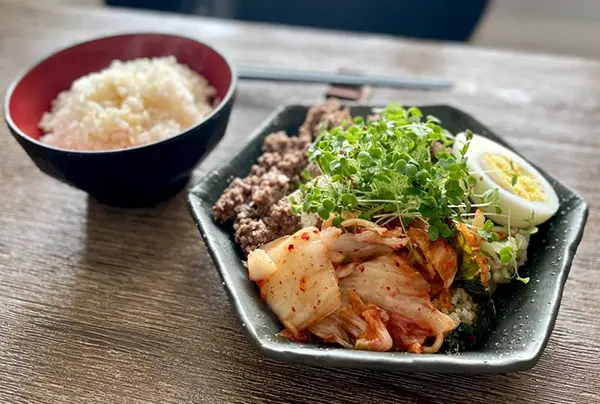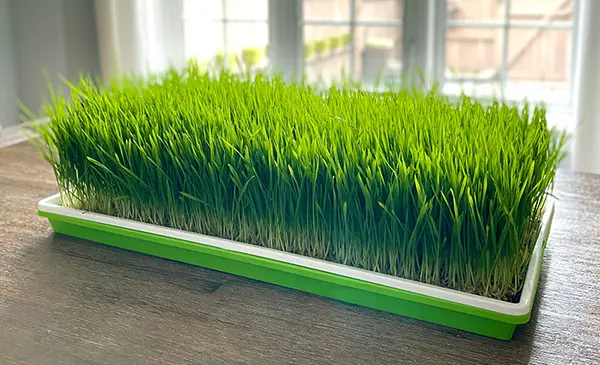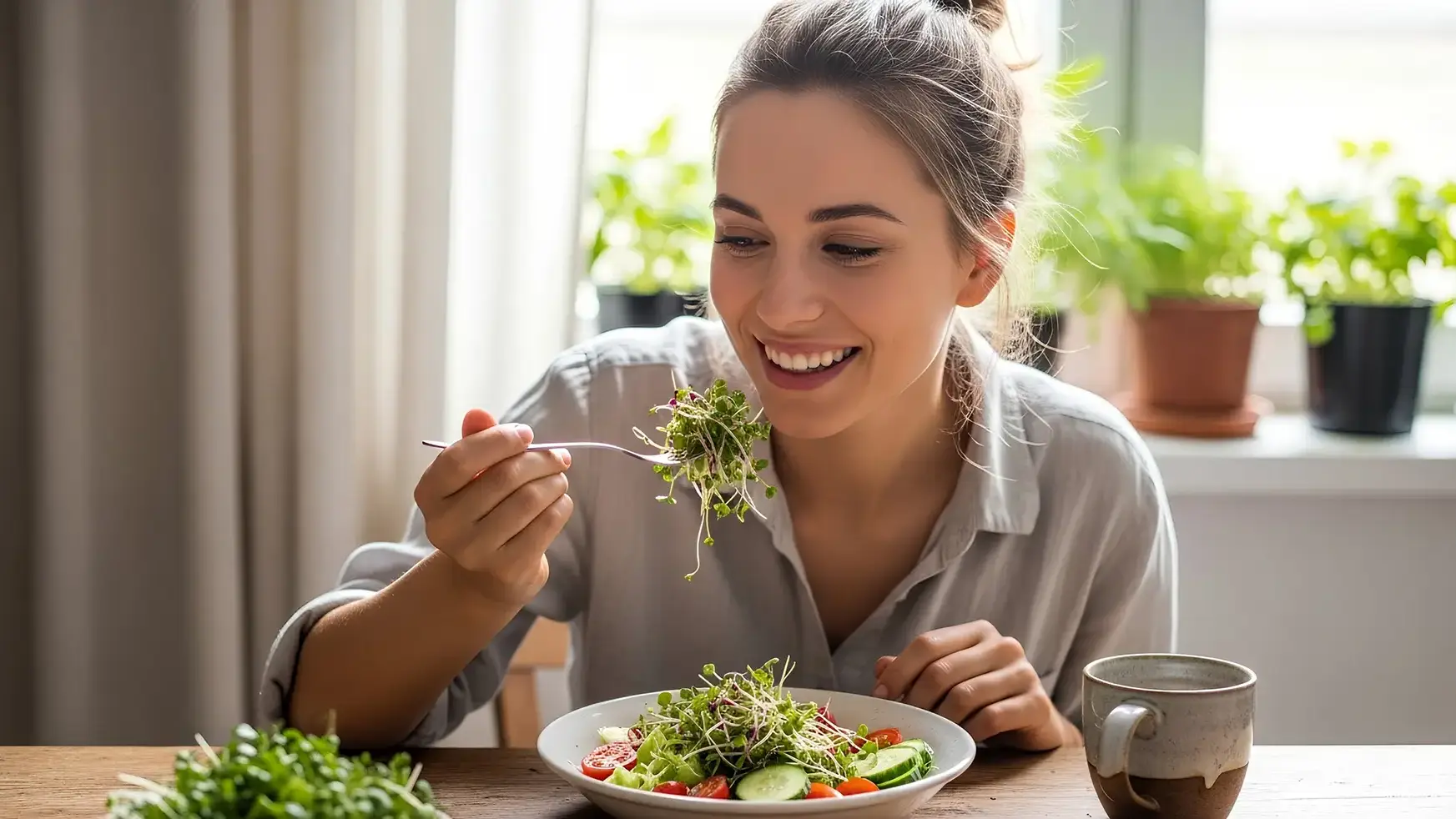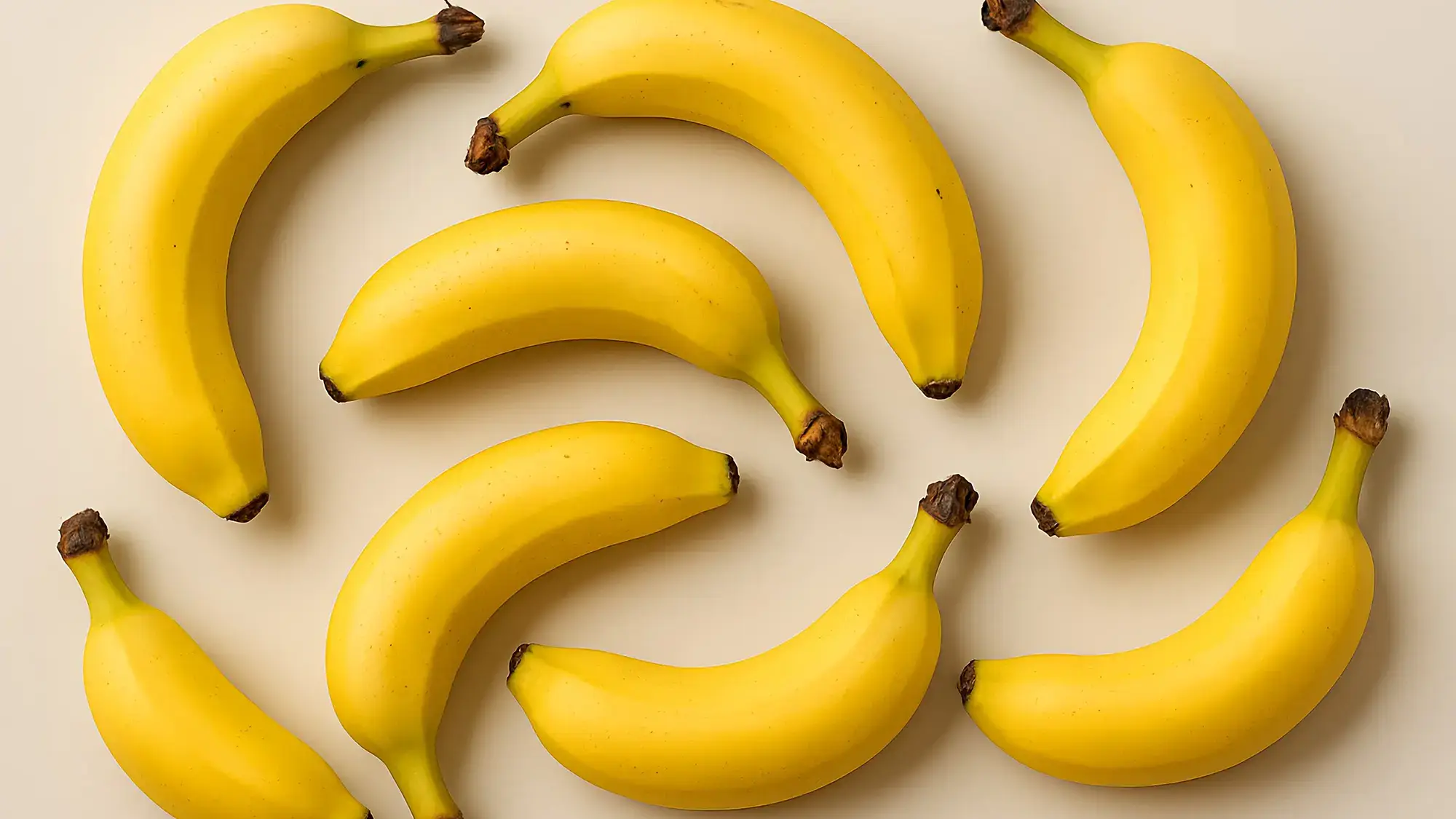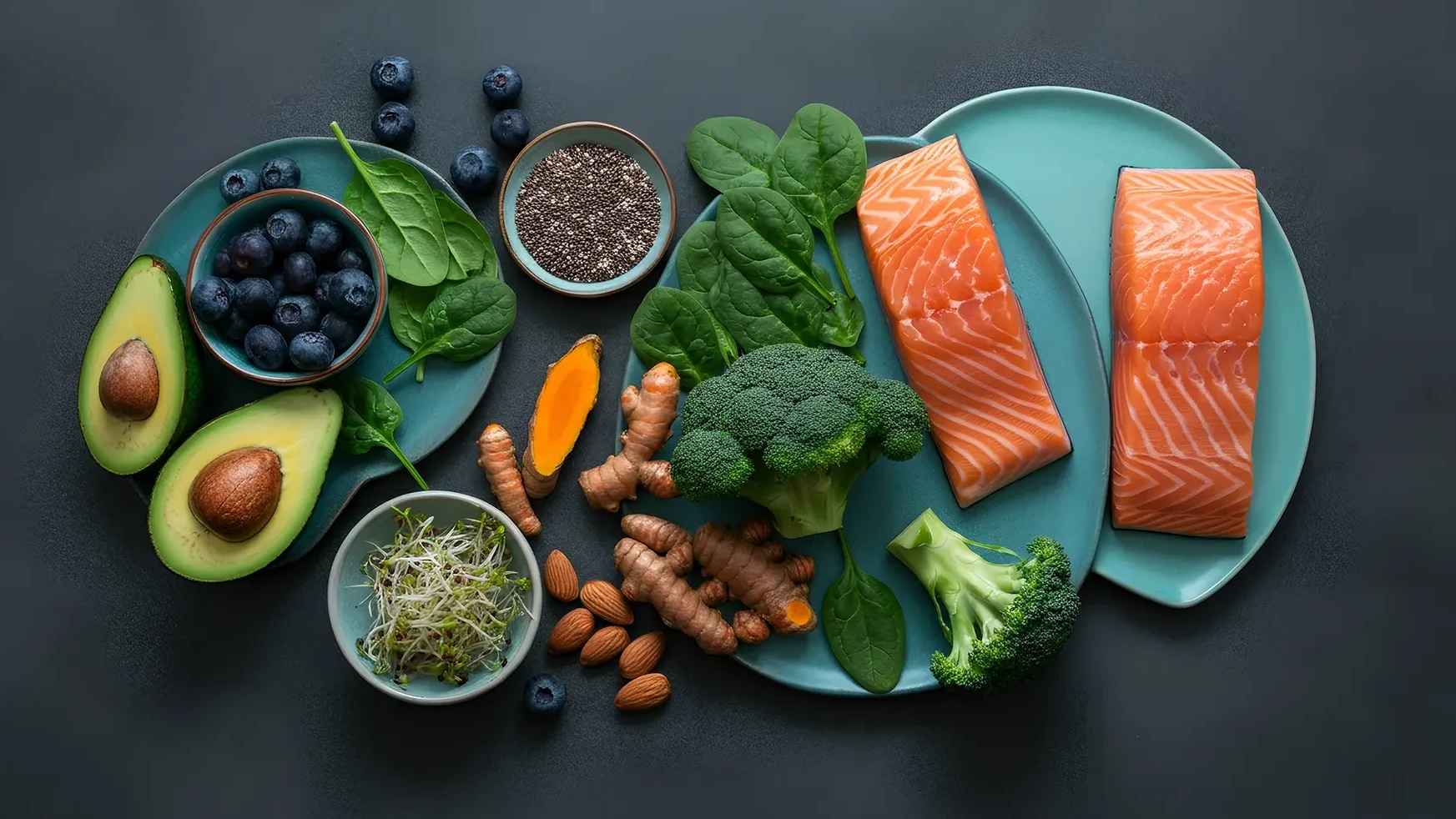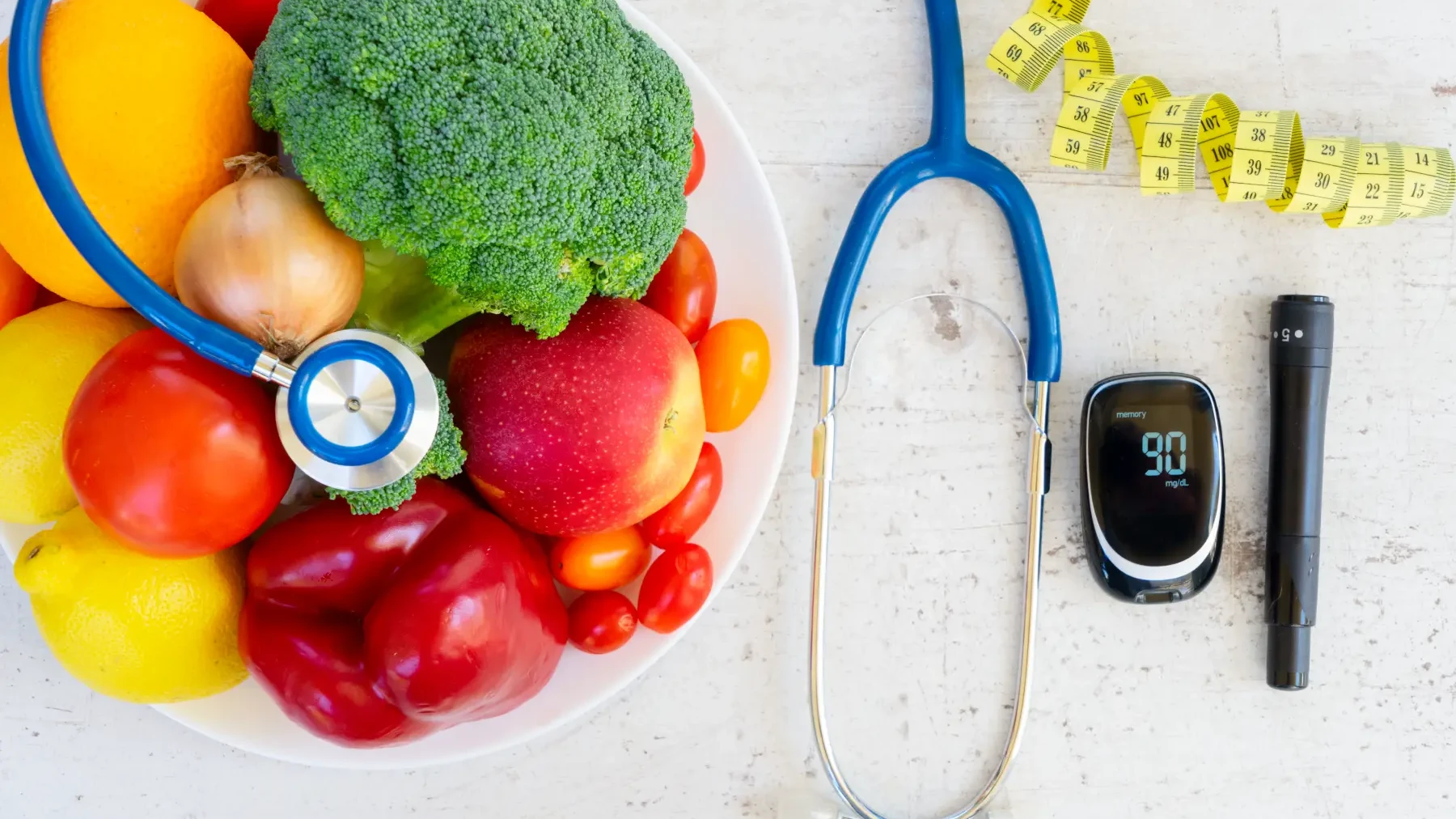While there’s no guaranteed way to prevent cancer, research shows that healthy lifestyle choices can significantly reduce your risk. From staying active to eating more plant-based foods (Top 10 Superfoods), small changes can make a real difference over time.
At Little SuperGreens, we believe wellness starts with what you grow, eat, and do every day. Here are 10 simple, science-backed habits to support your body’s natural defenses and promote long-term health.
1. Eat More Plant-Based Foods
Filling your plate with colorful fruits, vegetables, and whole grains provides antioxidants and fiber that protect your cells from damage. Cruciferous vegetables — like broccoli, kale, and Brussels sprouts — are particularly powerful for supporting cellular health.
2. Add Microgreens to Your Meals
Microgreens pack up to 40 times more nutrients than mature vegetables. Broccoli microgreens, in particular, are rich in sulforaphane, a plant compound linked to cancer-protective properties. Studies suggest sulforaphane may help neutralize toxins, reduce inflammation, and support the body’s natural detox systems.
Try adding a handful of broccoli or kale microgreens to salads, smoothies, or sandwiches for an easy nutrient boost.
3. Stay Up to Date with Screenings

Regular health screenings and early detection tests can catch potential problems early. Consult your healthcare provider about which screenings are right for your age and family history.
4. Stay Physically Active
Regular exercise helps maintain a healthy weight and reduces levels of hormones associated with some cancers. Aim for at least 30 minutes of moderate activity, like brisk walking or cycling, most days of the week.
5. Maintain a Healthy Weight

Being overweight increases your risk for several cancers, including breast, colon, and liver. Focus on balanced meals, portion control, and staying active to keep your body strong and balanced.
6. Limit Alcohol Consumption

Even moderate drinking can increase the risk of certain cancers. If you drink, do so in moderation — ideally no more than one drink per day for women and two for men.
7. Avoid Tobacco and Secondhand Smoke

Smoking is still one of the leading causes of preventable cancers. Quitting smoking and avoiding secondhand smoke are among the most effective steps to lower your risk immediately.
8. Protect Your Skin from the Sun
Overexposure to UV rays increases the risk of skin cancer. Wear sunscreen with at least SPF 30, cover up when outdoors, and avoid tanning beds.
9. Get Enough Sleep and Manage Stress
Chronic stress and lack of sleep can weaken your immune system. Prioritize relaxation, meditation, or even microgreen gardening as a mindful habit to help reduce stress and restore balance.
10. Eat Magnesium-Rich Foods
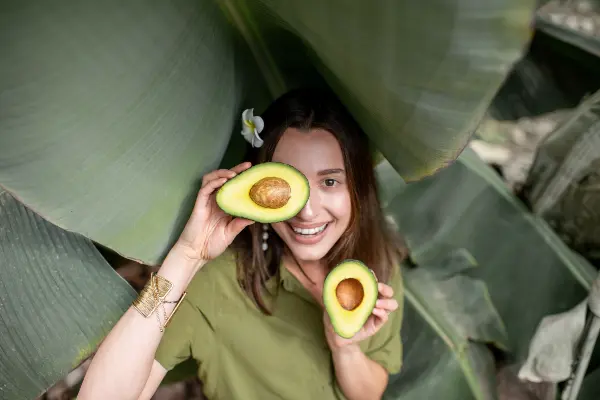
Magnesium plays a role in DNA repair and may help reduce oxidative stress. Include magnesium-rich foods (Top 10 Superfoods) like spinach, avocados, almonds, and pumpkin seeds in your daily meals.
Bonus Tip: Add Wheatgrass to Your Wellness Routine
Wheatgrass juice or powder is a nutrient-dense way to support detoxification and antioxidant balance. Rich in chlorophyll, vitamins A, C, and E, and minerals, wheatgrass helps protect your cells and supports immune and liver health.
While it doesn’t cure or prevent cancer, its antioxidant and anti-inflammatory properties may help reduce risk factors associated with chronic disease. You can enjoy wheatgrass as a shot, in smoothies, or as part of your daily green juice routine.
Bringing It All Together
Healthy living isn’t about perfection — it’s about progress. By focusing on balanced nutrition, active movement, and mindful habits, you’re already supporting your body’s natural ability to stay resilient.
Adding microgreens and wheatgrass to your diet can be a simple yet powerful way to nourish your cells and lower your long-term risk.
Disclaimer: This article is for general wellness education only and is not a substitute for professional medical advice, diagnosis, or treatment. Always consult your healthcare provider before making significant changes to your diet or lifestyle.
References & Sources
- World Health Organization (WHO): Cancer prevention overview
- American Cancer Society: How to reduce your cancer risk
- American Cancer Society Prevention and Early Detection Guidelines
- Canadian Cancer Society: Healthy living and cancer prevention
- Government of Canada: What can I do to reduce my risk of cancer?
- National Cancer Institute (NIH): Cruciferous Vegetables and Cancer Prevention
- Prevention of Carcinogen-Induced Oral Cancer by Sulforaphane
- Anticancer properties of sulforaphane: current insights at molecular level
- 🌱 PubMed: Anticancer potential of broccoli microgreens
- 🌱 The preventive effects of broccoli bioactives against cancer
- 🌱 Sulforaphane in broccoli: The green chemoprevention!
- Potential mechanisms of cancer prevention and treatment by sulforaphane
- 🌱 National Library of Medicine (NIH): Wheatgrass: A Superfood Health Tonic
- 🌱 The Role of Wheatgrass in Colorectal Cancer: A Review
- 🌱 PubMed: Therapeutic potential of wheatgrass juice
- 🌱 Healthline: Wheatgrass Nutrition and Benefits
- 🌱 Clinical information on broccoli sprouts
- 🌱 Wheat grass – Clinical information on wheatgrass
- Cancer Prevention – Evidence-based cancer prevention information
Affiliate Disclaimer
Please note that some links on this site are affiliate links, meaning I may earn a small commission if you click on them and make a purchase, at no additional cost to you.As an Amazon Associate, I earn from qualifying purchases. Rest assured, I only recommend products and services that I truly trust and believe will provide value to you.
Daily Wellness
Explore more from Daily Wellness at Little SuperGreens - featuring nutrition tips, wellness hacks, and daily habits to strengthen health and boost energy.
